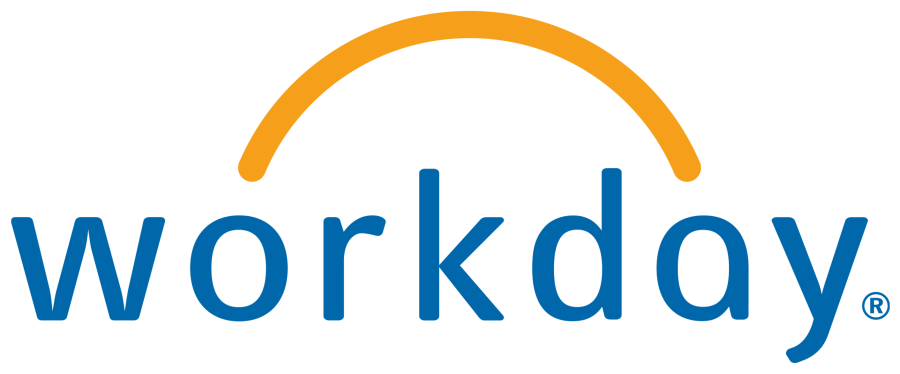NKU Opportunity Statement: NKU is committed to positively impacting the experience of all campus constituents by optimizing, modernizing, and standardizing business processes to meet stakeholder expectations, achieve strategic goals, and support continued growth. Investing in a unified and innovative Workday system that fosters community buy-in will benefit the organization in the following ways:


New Employees
Current Employees
Prospective Students and NKU Community
*Current Phase

Northern Kentucky University currently relies on the on-premises SAP ECC Business Suite with HANA databases to support core operations—including Human Capital Management (HCM), Financials (FI), Student Lifecycle Management (SLCM), and Sigma for Student Financial Aid. Reporting and analytics are managed through a combination of SAP Business Warehouse (BW), Business Intelligence (BI), BOBJ, and SQL databases.
SAP ECC is scheduled to reach end-of-life in December 2030, with reduced support beginning in January 2028. Additionally, many integrated systems will require careful planning and migration to ensure continued functionality.
Large-scale ERP transitions typically take 2–3 years to complete. To avoid service disruptions and ensure a smooth transition, NKU is committed to fully migrating to a modern system before SAP support ends.
Workday is a modern, cloud-based system that unifies human resources, financial management, and student information into a single, integrated platform. It combines a wide range of functionality across HCM (Human Capital Management), finance, and student services—all in one place.
As a self-service tool, Workday gives faculty, staff, and students easy, real-time access to the information they need. It streamlines processes, reduces manual work, and supports faster, more strategic decision-making. By adopting Workday, NKU will enhance operational efficiency and elevate how we serve our campus community.